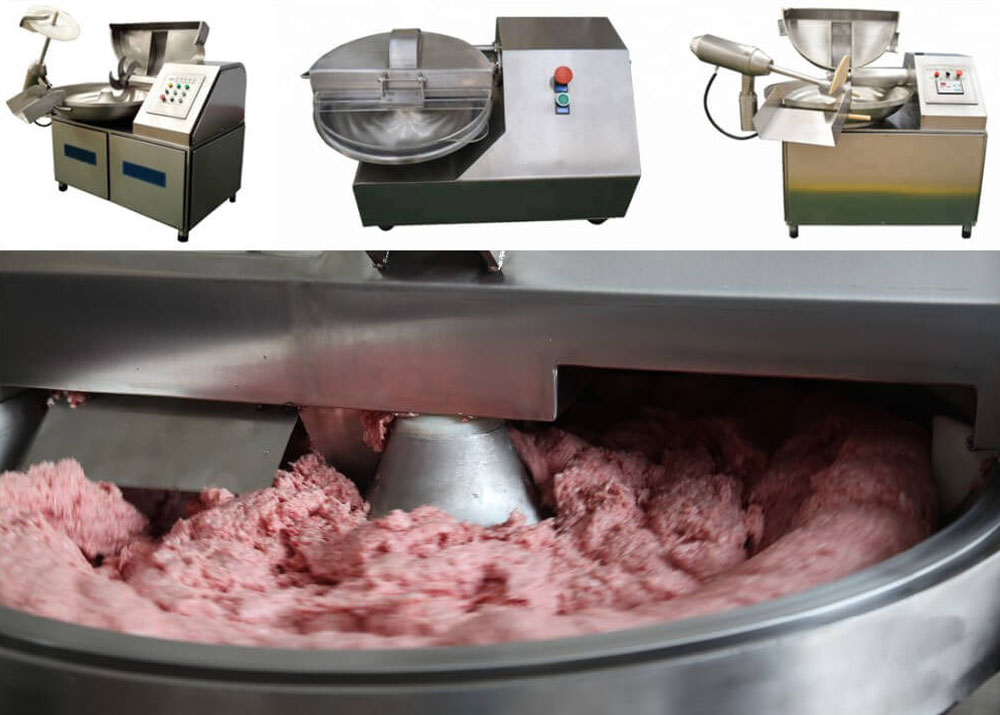
In the fast-paced world of meat processing, selecting the right equipment can make or break your business. Whether you own a small butcher shop or operate a large-scale meat processing plant, the tools you choose are crucial for maintaining efficiency, ensuring quality, and adhering to safety standards. But what factors should be considered when purchasing meat processing equipment? This comprehensive guide will walk you through the essential considerations to help you make informed decisions that will benefit your business in the long run.
Different types of meat, such as poultry, pork, and beef, may require specialized equipment. Understanding the primary type of meat you’ll be processing is the first step in selecting the right tools. For instance, poultry processing might require specific evisceration equipment, while beef processing could necessitate heavy-duty slicers and grinders.
Estimate the quantity of meat you'll be processing daily, weekly, or monthly. Your equipment should cater to this volume without becoming a bottleneck. High-capacity machines are essential for large-scale operations, whereas smaller businesses might benefit from more compact, versatile equipment.
Consider the range of products you plan to offer, such as sausages, patties, cuts, or other meat products. Each product may need different machines or tools. For example, sausage production requires grinders, mixers, and stuffers, while deli meats might necessitate precise slicers.
Look for equipment built with high-grade stainless steel, which is corrosion-resistant, durable, and easy to clean. Sturdy construction is vital to withstand the wear and tear of daily operations. Investing in high-quality materials ensures longevity and reduces the need for frequent replacements.
High-performance equipment can significantly enhance productivity. While purchasing equipment with a higher performance rating might be more costly upfront, the savings in maintenance and replacement costs will more than make up for the difference. Efficient machines also reduce wastage and ensure consistency in the processing chain.
Safety should be a top priority when selecting meat processing equipment. Look for machines with built-in safety mechanisms such as emergency stop buttons, safety guards, and secure locking systems. These features protect workers and prevent accidents, ensuring a safe working environment.
The meat industry has stringent hygiene standards. Select equipment that can be easily dismantled and cleaned, with smooth surfaces to prevent meat particles and bacteria from hiding. Compliance with regulatory requirements is crucial for maintaining food safety and building consumer trust.
Different cuts of meat require different processing techniques. Having machines that offer flexibility in slicing, grinding, and packaging can streamline your production processes. Consider the variety of products you offer and ensure your machinery can adapt to changing demands.
As your business grows, your equipment needs might change. Investing in versatile, adaptable machines can save you from having to purchase new equipment as your production volume or product range expands. Look for equipment with interchangeable attachments and adjustable settings.
Opt for machines that are easy to clean, maintain, and service to avoid disruptions in your processing line. Regular upkeep and adherence to maintenance schedules can prolong the life of your machinery and prevent unexpected breakdowns that can halt production.
A good service contract from the manufacturer can provide periodic inspections and maintenance, either included in the cost of the plan or at a significant discount. This support, coupled with your own in-house maintenance, can extend the life of your equipment and ensure smooth operations.
While it may be tempting to opt for the cheapest equipment, it's essential to consider the long-term savings associated with higher-quality machines. Equipment that breaks down frequently can be costlier in the long run due to repair costs and production delays. Investing in durable, efficient machinery can lead to higher output and reduced wastage.
Set a budget but be flexible. Consider financing options or leasing agreements that can make high-quality equipment more accessible. Ensure that the equipment you choose provides a good return on investment by enhancing productivity and reducing operational costs.
Energy-efficient equipment can significantly reduce operating costs in the long run. Look for machines with energy-saving features and high-quality motors that consume less power. Energy efficiency not only lowers utility bills but also contributes to a more sustainable operation.
Modern meat processing equipment often comes with advanced features like automated controls and precision cutting. Automated equipment can increase efficiency, reduce labor costs, and minimize human error. Integrating these machines with other systems in your production line can lead to smoother operations.
Consider equipment that can integrate with your existing technology infrastructure. This integration can streamline processes, improve data collection, and enhance overall efficiency. Staying informed about the latest technologies and best practices ensures your business remains competitive.
Engage with other business owners in the meat processing industry. Their experience can provide invaluable insights into the best equipment and suppliers. Networking with peers can also lead to potential partnerships and collaborations.
Read online reviews and customer testimonials to gauge the reliability and performance of different equipment. Look for feedback on durability, ease of use, and manufacturer support. Reviews can help you make informed decisions and avoid potential pitfalls.
If possible, ask the supplier for a demonstration or trial period. Testing the equipment ensures it fits your needs and gives you a feel of its operation and efficiency. A trial period can also reveal any potential issues before making a significant investment.
A robust warranty can save you from unforeseen expenses. Ensure that the equipment comes with a comprehensive warranty covering parts and labor. A good warranty reflects the manufacturer's confidence in their product.
Choose suppliers who provide excellent post-purchase support, including training, maintenance, and part replacements. Ongoing support ensures that your equipment remains in optimal condition and any issues are promptly addressed.
Selecting the right meat processing equipment is a significant investment that can influence the success of your business. By considering factors such as quality, durability, safety, versatility, and cost, you can ensure that your processing line operates smoothly and meets the highest standards of efficiency and quality. As the meat processing industry continues to evolve, staying informed about the latest technologies and best practices will further ensure the success and growth of your business.
Ready to elevate your meat processing operations? Explore our range of high-quality meat processing equipment tailored to meet your specific needs. Contact us today for a consultation and discover how the right tools can transform your business. Share this article with your network and stay informed about the latest trends and innovations in the meat processing industry.
By following these guidelines, you can make informed decisions that will benefit your business in the long run. Investing in the right meat processing equipment is not just about enhancing productivity; it's about ensuring safety, maintaining quality, and building a reputation for excellence in the industry.
Pre :
Next :


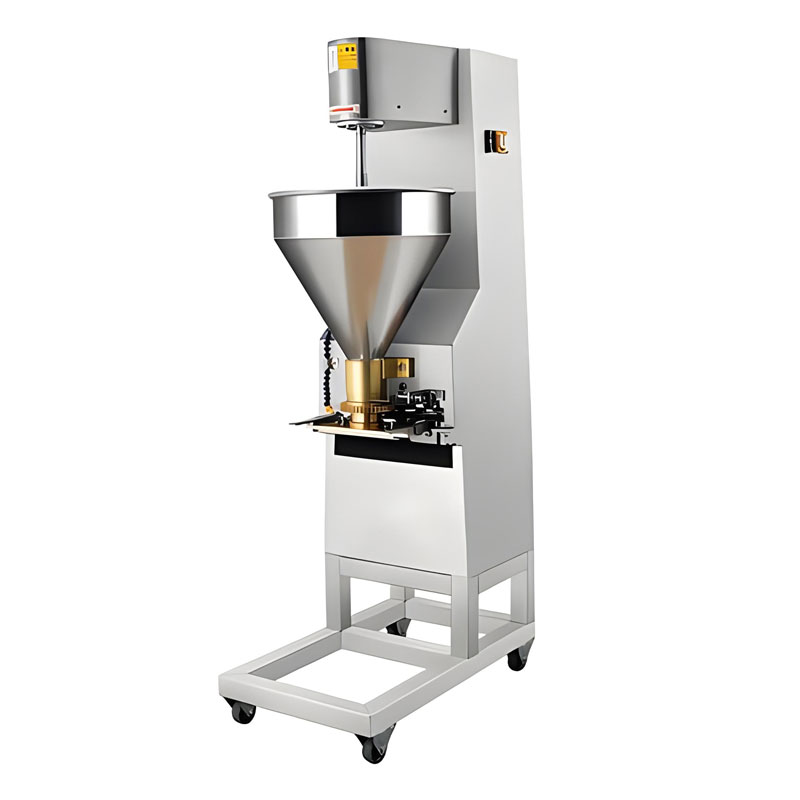
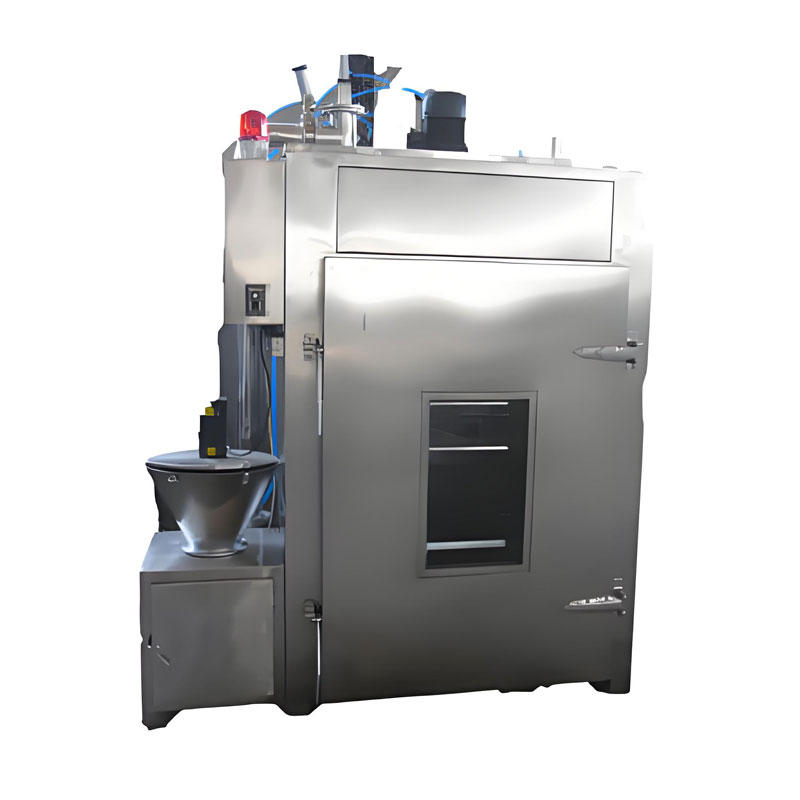
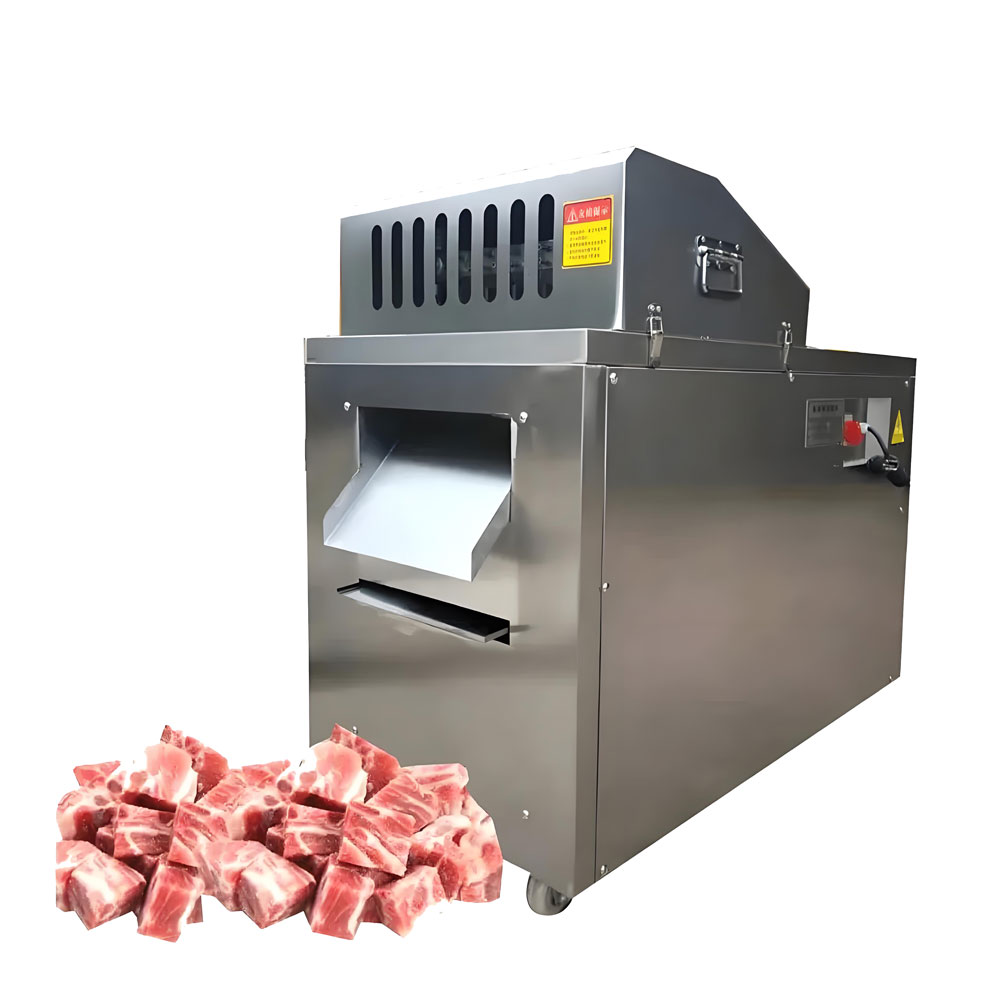
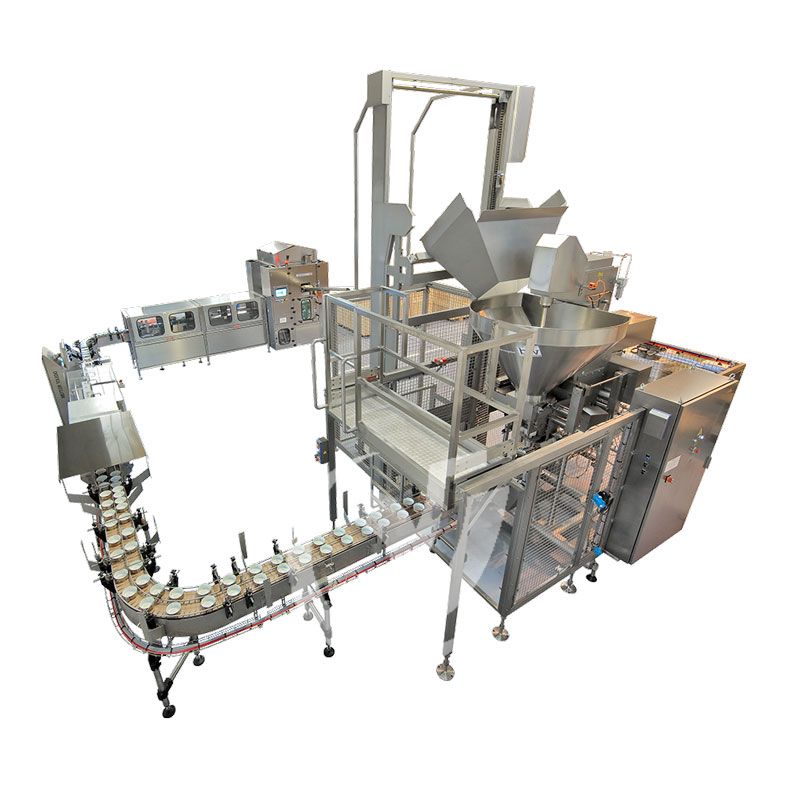

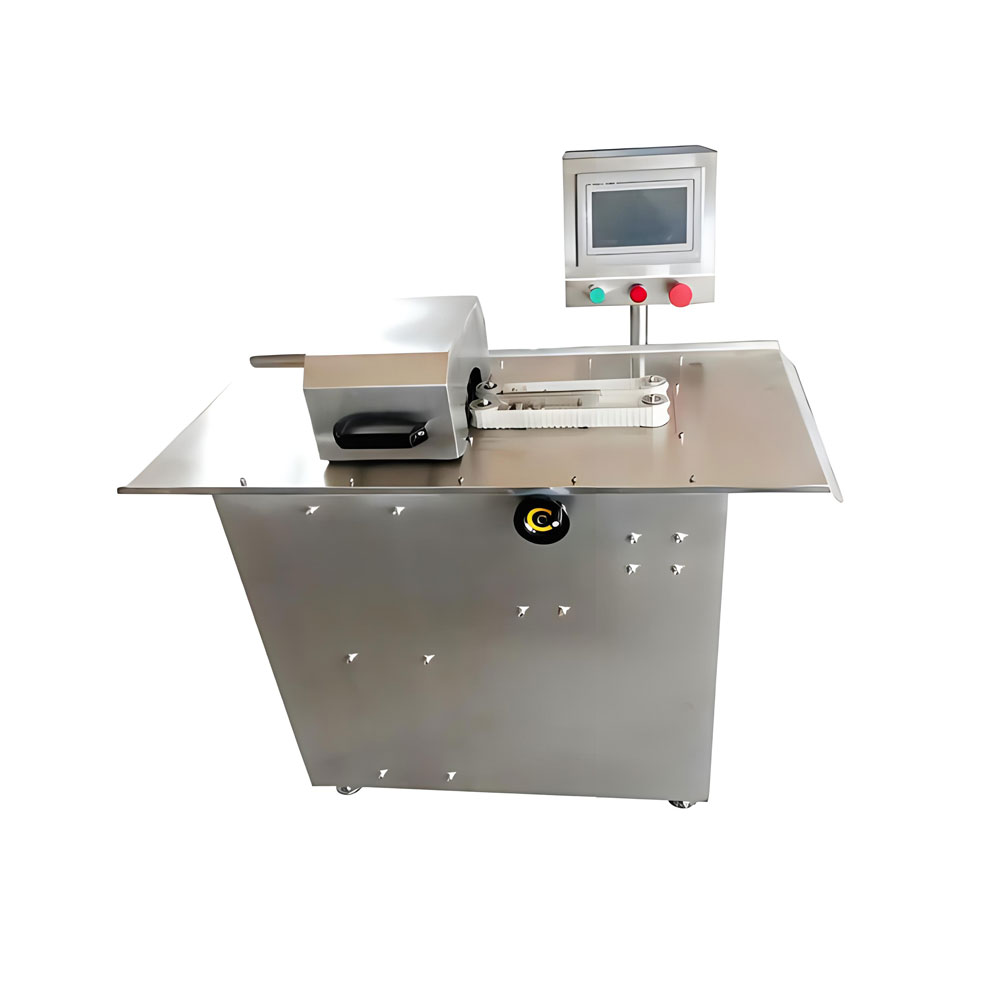
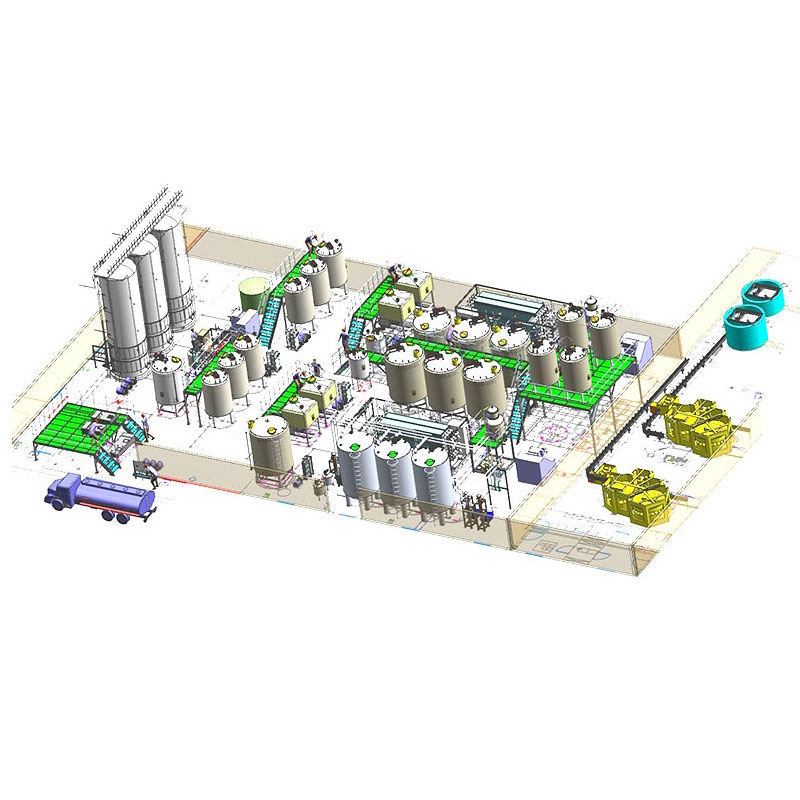
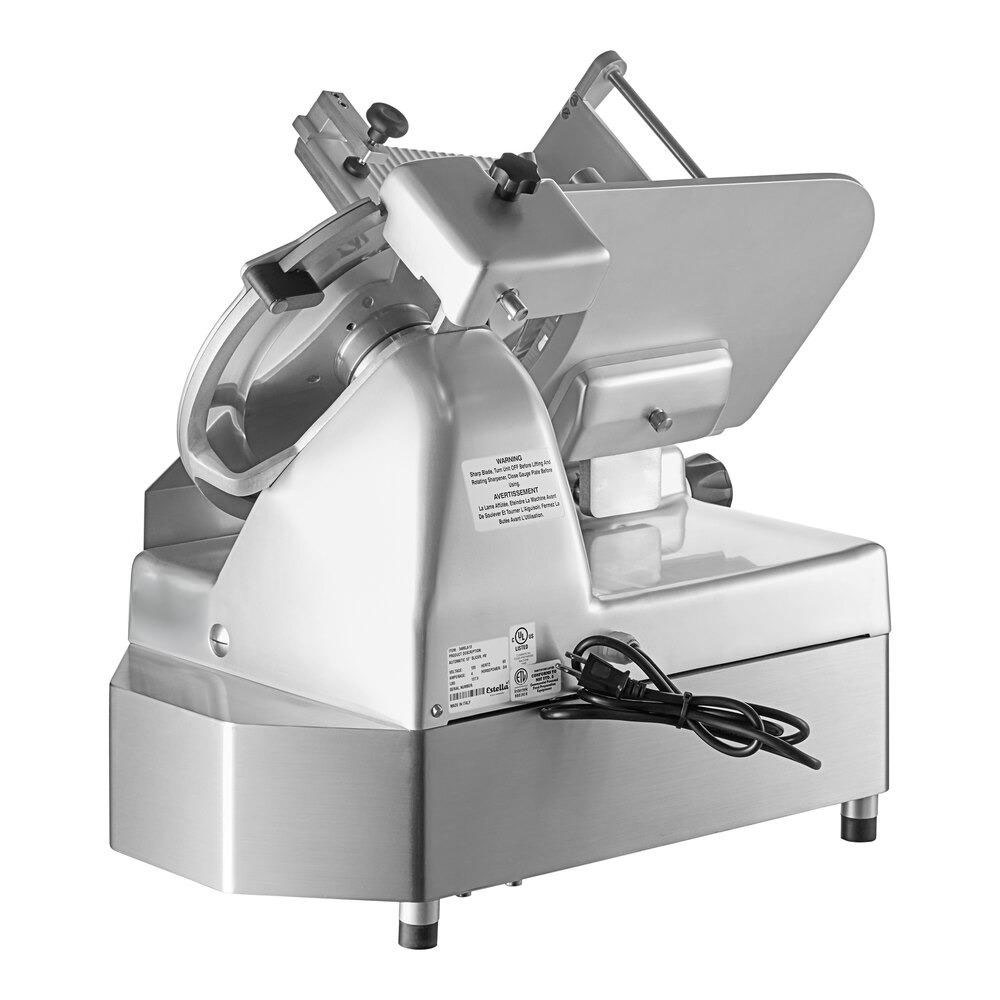
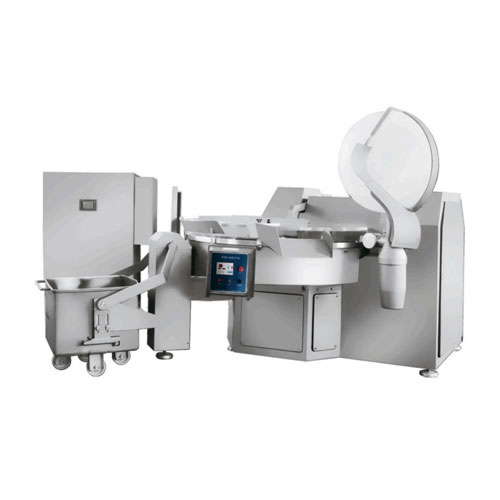
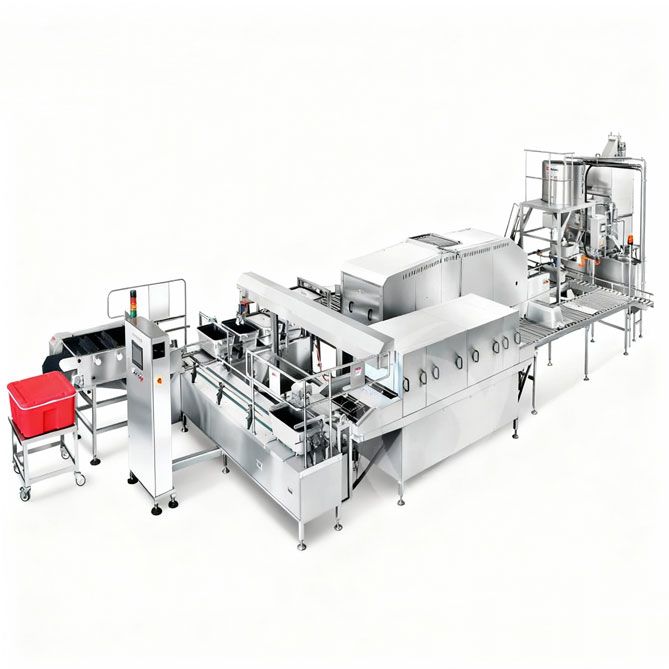
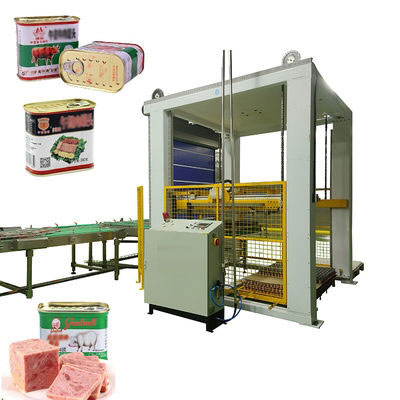 Canned Meat Production Line
Canned Meat Production Line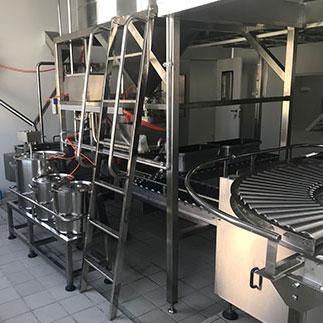 Cold Chain Rice Production Line
Cold Chain Rice Production Line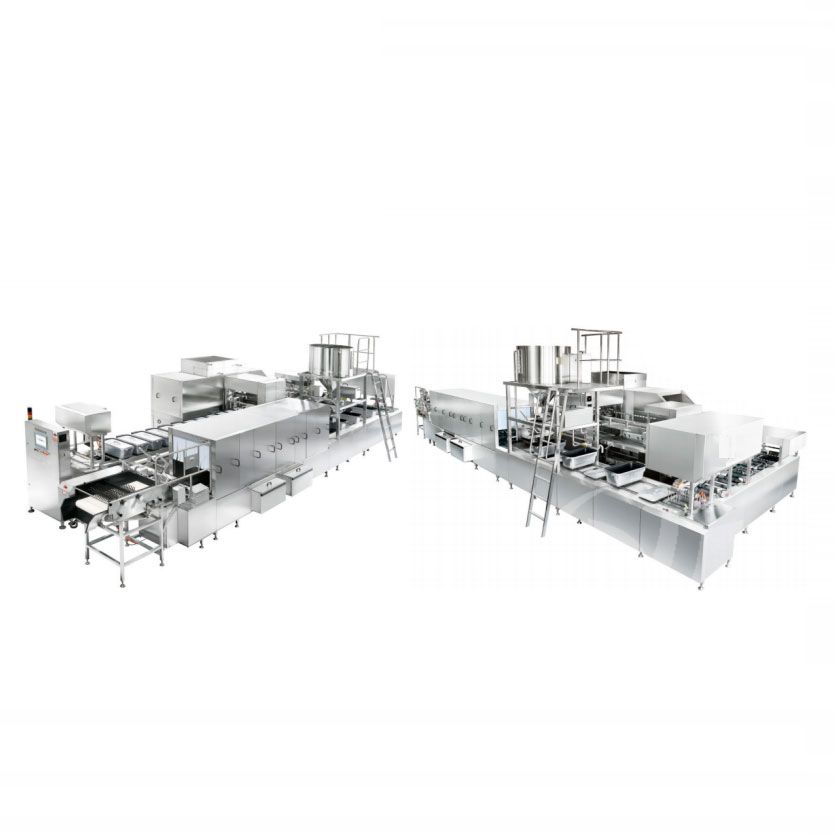 Unmanned Intelligent Rice Production Line
Unmanned Intelligent Rice Production Line
Ready to Get Started?